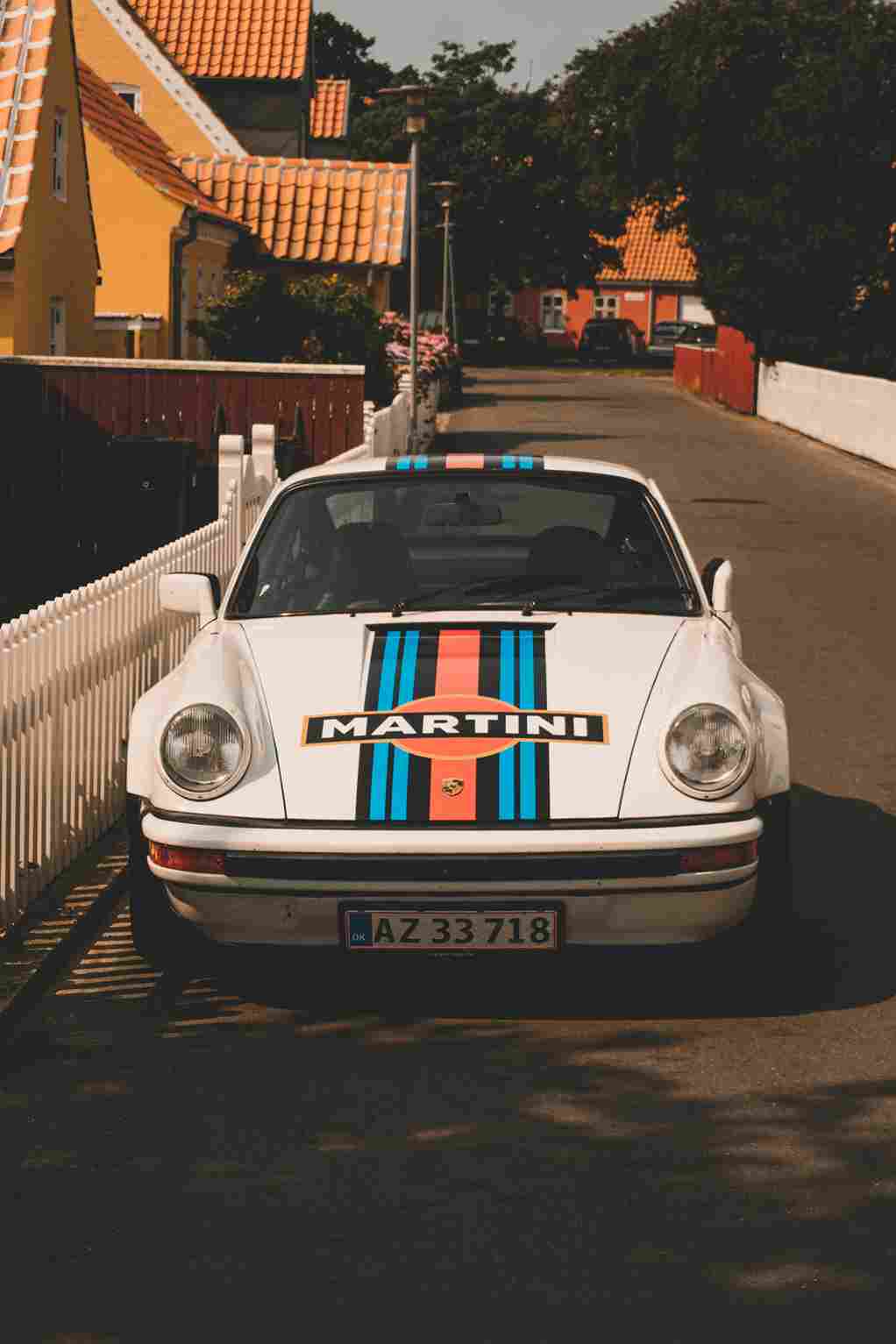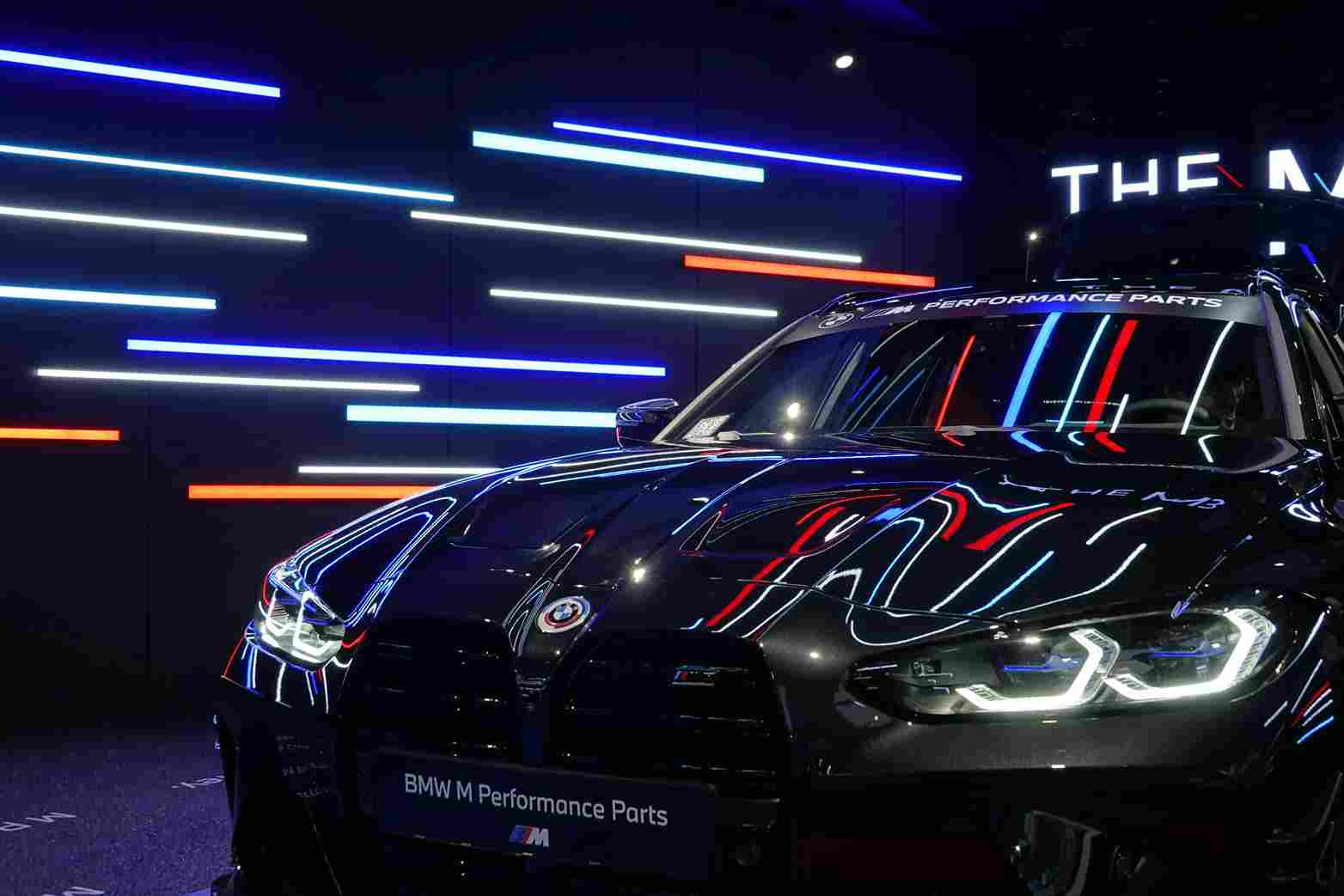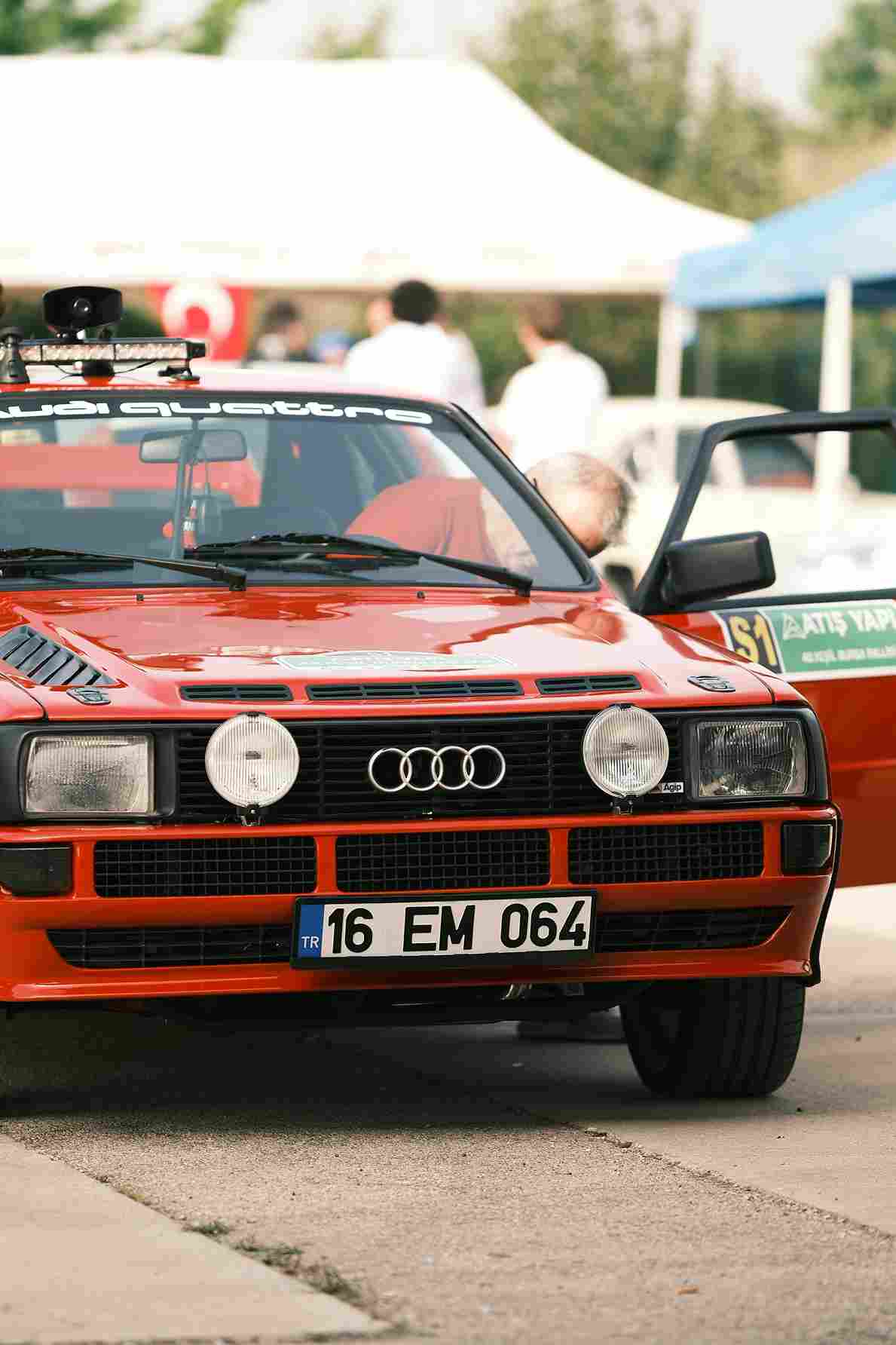German Cars for Short
Introduction
Where performance, luxury, and innovation are blended, no country does it better than Germany. Here is the sports cars overview of German Cars for Short, a term that embodies the spirit of accuracy and swiftness German manufacturers bring to the table. From the iconic Porsche 911, the loud-and-proud BMW M4, the compliant Audi RS5, or the raw-kinetic Mercedes-AMG GT, German Cars for Short embody the pinnacle of engineering excellence. They never stop being the measure of the motor vehicle world in showing everyone that German Cars for Short are not all about being fast but a total driving experience that speaks directly to the heart, mind, and soul.
The Legacy of German Cars for Shorts

The legacy of German Cars for Short is mostly related to cars and motorsports. Porsche, to name one example, began manufacturing sports cars just after World War II and established its reputation on the road as well as on the track. The Porsche 911 is perhaps the most legendary sports car ever built and is well known for its unusual styling and driving characteristics. As the case, so to speak, BMW’s “M” division, established with the intent of dominating racing competition, has created road cars such as the M3 and M4 that have made enthusiasts go wild across generations.
The Quattro four-wheel-drive configuration of Audi changed the game on rally racing, then redefined the rules as to what a sports car would be able to do on public roads. Mercedes-Benz’s AMG high-performance unit pushed the boundaries of power and sophistication. Together, these brands have constructed the German Cars for Short image, connecting their motorsport history to the requirements of mass-market drivers seeking thrills and dependability. It is the competitive ethos, the necessity for innovation, and the worth of craftsmanship that drives German Cars for Short’s long-term success in the sports car market.
Engineering Excellence Behind German Cars for Short

One of the main reasons German Cars for Short are so highly thought of is their precision engineering. German manufacturers are obsessed with every aspect, from chassis balance and aerodynamics to engine power. This has produced sports cars that not only accelerate phenomenally on a straight road but corner phenomenally on a curved road and race circuit too.
Take the BMW M4. This vehicle is the ultimate combination of raw power and everyday practicality, producing more than 470 horsepower with precise handling due to an adaptive suspension system. Audi RS vehicles, such as the RS5, blend turbocharged power with Quattro all-wheel drive, providing traction and control regardless of conditions. Porsche’s 911 Carrere, on the other hand, retains its rear-engine configuration, providing a distinct driving experience that has been honed over decades. Every inch of these cars is a testament to the ingenuity that goes into German Cars for Short, and they are not just cars—pieces of art in engineering.
Design and Aesthetics of German Cars for Short

Although functionality ranks high, German Cars for Short’s visual aesthetics cannot be underemphasized. German sports cars have the ability to be aggressive yet cultured, powerful yet sophisticated. And that optimal combination is precisely why most folks think they are worth owning a Porsche, BMW, Audi, or Mercedes sports car.
Porsche possesses the ability to create design pat, making their 911 look unmistakably Porsche for over 60 years but always new and modern. BMW’s razor-sharp kidney grilles and jagged body lines give off a sense of intimidation on the highway. Audi’s refined, grown-up designs keep their RS models as much performance car as they are refinement, both for driving in town and on the track. Mercedes-AMG vehicles, with their wide stances and aggressive styling cues, scream performance without compromising luxury. The best thing about German Cars for Short is that they understand how to marry art and aerodynamics to create machines that are not only beautiful but also highly functional.
Innovation and Technology in German Cars for Short
In automotive technology, German Cars for Short tend to be trendsetters. Conventionalities to driving that are now standard fare in sports cars—adaptive cruise control, half-autonomous driving assistance, dynamic chassis control, and luxury infotainment systems—were first introduced by German automakers.
For instance, Audi’s Virtual Cockpit was revolutionary when first introduced, offering drivers a fully digital and customizable dashboard experience. BMW’s I Drive system set the standard for in-car infotainment controls, and Porsche’s use of active aerodynamics has dramatically improved sports car performance and efficiency. Mercedes-Benz consistently pushes the envelope with technologies like active body control, helping to keep the vehicle level in even the most aggressive manoeuvres.
Fundamentally, German Cars for Short are not solely about sensational performance; they’re about seamlessly integrating leading-edge technology into the driving experience. With every new generation of German sports cars, there’s a higher bar set that consumers have access to the best and latest car technology.
Day-to-Day Practicality of German Cars for Short

Another often underappreciated advantage of German Cars for Short is their drivability on a daily basis. Unlike most of the exotic performance sport cars that have to be left in the garage every day, German sports cars introduce some level of comfort, reliability, and utilitarianism into the performance automobile arena that is an exception.
The Porsche 911, for example, has a small rear seat area best suited for children or extra cargo, but strangely enough, it is extremely family-friendly. BMW M vehicles typically have optional all-wheel-drive systems, which provide them with increased traction in rain or snow. Audi RS vehicles are known to have roomy interiors and plenty of cargo room, and Mercedes-AMG vehicles often include such amenities as massaging seats and premium audio systems.
This compromise between high performance and daily driving is a hallmark of German Cars for Short. They’re built not only for weekend racing but also for daily driving, road trips, and everything in between, giving drivers the best of both worlds.
The Global Influence of German Cars for Short
The influence of German Cars for Short reaches far beyond the borders of Germany. Sports car owners and collectors globally enjoy German sports cars for their reliability, performance, and quality craftsmanship. Porsche, BMW, Audi, and Mercedes-Benz have a strong fan base in markets like the United States, China, and the Middle East.
German sports cars are the benchmark against which their Italian, Japanese, and American counterparts are judged. Whether in a magazine comparison test or through a buyer selecting their next performance car, German Cars for Short are always at the top of the list. Their dependability, quality, and ability to innovate place them at the top of an ever-evolving world of cars.
Conclusion
Their unmatched combination of heritage, engineering, design, technology, practicality, and global popularity makes them a first-rate brand of sport cars. Whether you crave the track-honed capability of a Porsche 911, the luxury-refined rowdiness of a BMW M4, the tech-tuned excitement of an Audi RS5, or the crushing power of a Mercedes-AMG GT, there is something at German Cars for Short that will excite every driver who demands the best driving performance. To all driving aficionados, having or even possessing a German sports car is not a fantasy, but an admiration of all that goes into making automobile engineering an art.





Pingback: Demon 170 - AUTOENTHUSE